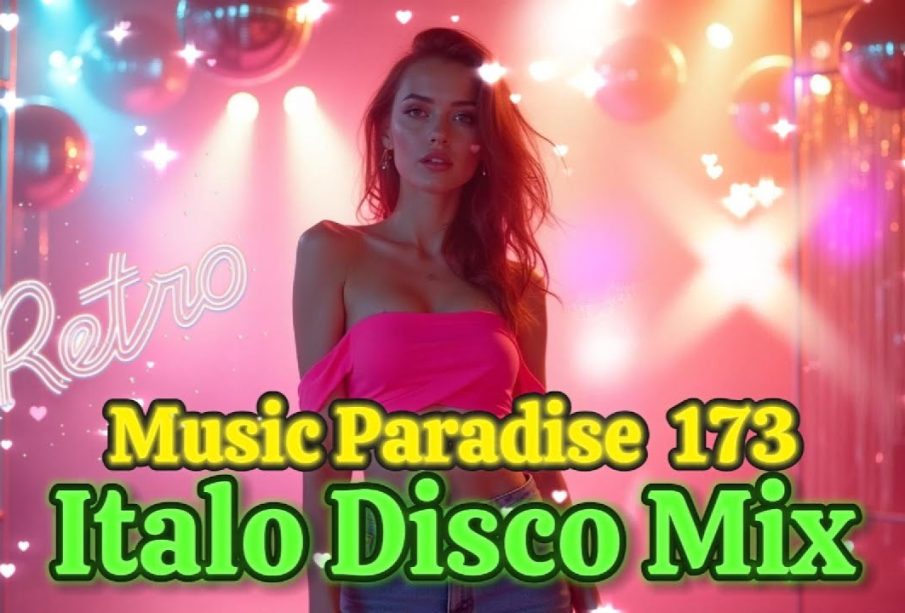Understanding the Concept of Paradise

Introduction
The term ‘paradise’ evokes images of idyllic landscapes, tranquility, and happiness. Its relevance extends beyond mere geographical references; it permeates literature, religion, and philosophy. Understanding what paradise signifies can offer insights into human aspirations and cultural beliefs.
Conceptualising Paradise
Historically, the concept of paradise has evolved through various cultures. In religious contexts, such as Christianity and Islam, paradise often represents an afterlife rewarding the righteous. The Bible frequently describes it as a beautiful garden, while the Quran refers to lush gardens beneath which rivers flow. These portrayals highlight humanity’s innate desire to seek a perfect existence.
In literature and art, paradise has been portrayed as an ideal state of being. For example, John Milton’s epic poem ‘Paradise Lost’ presents a nuanced view of paradise as both a physical place and a state of mind, invoking themes of loss and longing that resonate with universal human experiences. Similarly, contemporary artists frequently explore paradise as an abstract concept, presenting it in a variety of forms that challenge the viewer’s perceptions.
Paradise in Modern Life
In today’s world, the notion of paradise often translates into personal aspirations—whether that be a dream vacation in a tropical paradise, achieving work-life balance, or fostering harmonious relationships. The luxury tourism industry capitalises on this ideal, promoting destinations that promise a ‘paradise experience’ through immersive natural beauty and relaxation. Popular spots, such as Bali or the Maldives, not only attract tourists but also reflect society’s quest for escape and rejuvenation.
Nevertheless, such aspirations can also have detrimental aspects. The burgeoning demand for ‘paradise locations’ has led to environmental challenges, including habitat loss and overtourism, which can compromise the very beauty that draws visitors. This contradiction raises critical questions about sustainability and ethical tourism practices.
Conclusion
The concept of paradise spans far beyond a physical location; it encapsulates the hopes, dreams, and struggles of humanity. Whether viewed through the lens of religion, literature, or contemporary life, the definition of paradise poses philosophical questions about our desires and priorities. As the world continues to change, so too will the interpretation of what paradise means for future generations. This exploration serves as a reminder that while the pursuit of paradise is a deeply ingrained human desire, it is essential to reflect on the implications of our quests for utopia.









